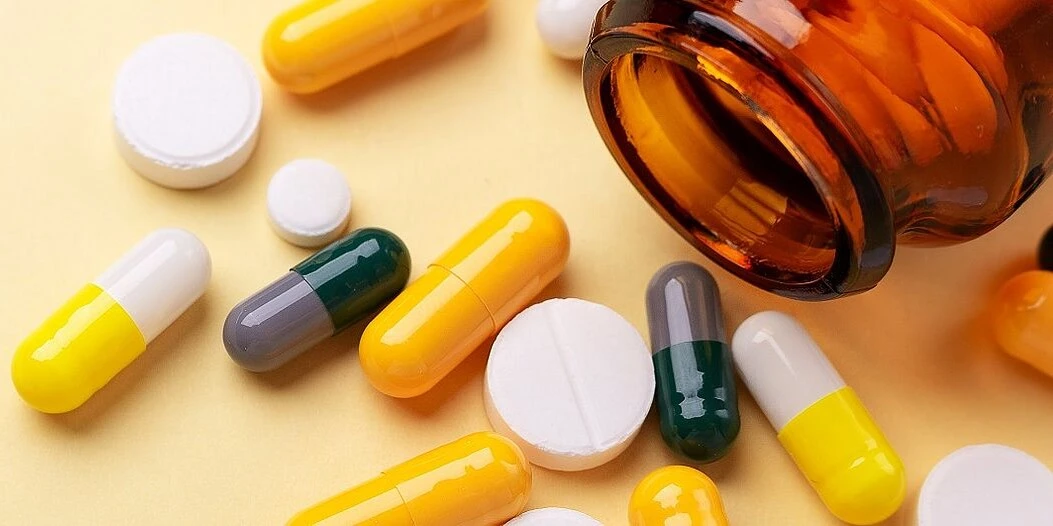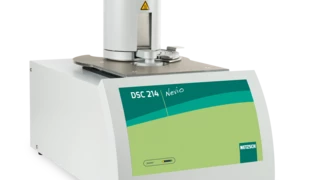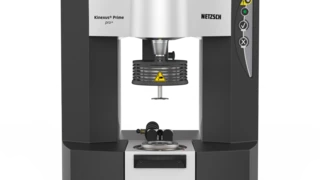
Thermal Analysis and Rheology for Pharmaceutical Applications
Thermal Analysis provides powerful analytical methods for research, development and quality control of active pharmaceutical ingredients (APIs), excipients and formulations. This implies the determination of their physicochemical properties such as melting point, glass transition temperature and heat of fusion, compatibility studies to find suitable API-excipient combinations, purity assessments (eutectic purity) and characterization of polymorphic forms.
Rheology perfectly complements the analytical equipment of your laboratory and allows for the specification of a suitable viscosity for different pharmaceutical products, assessment of flow limits of ointments and creams, predictions of storage stability by means of oscillation measurements as well as the determination of mechanical characteristics of soft gels.
Handbook "Thermal Analysis in the Pharmaceutical Field"
Now Available!
Our Handbook "Thermal Analysis in the Pharmaceutical Field" is now available. We would like to give you the opportunity of a reading sample.
The following blog article will give you an idea about testing possibilities
- 5 reasons why to use DSC and TGA for testing pharmaceuticals
- How can rheology help in the development of a treatment for COVID-19
- The Importance of Purity Determination of Pharmaceuticals
- Monitoring the Polymorphism of Paracetamol by Means of DSC
- Drug excipient compatibility check during the development
- Rheology of Topical Treatments
- Rheology: De-stressing the test of time
- Reliable Characterization of Pharmaceuticals Using Thermal Analysis

